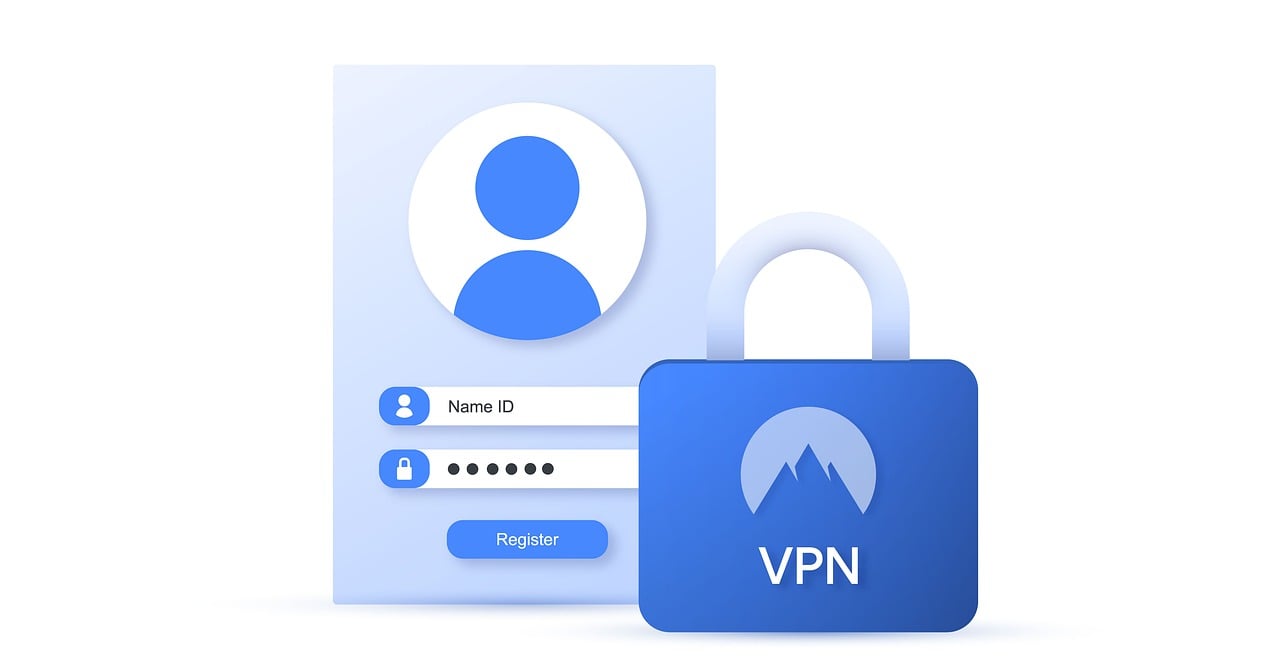In today’s interconnected world, the Internet of Things (IoT) has revolutionized how we interact with everyday devices. From smart TVs and home assistants to thermostats and security cameras, these devices offer unprecedented convenience. However, they also pose unique security risks, making them potential targets for cyberattacks. This article explores the importance of securing IoT devices and how a Virtual Private Network (VPN) can provide an additional layer of security.
As IoT devices become increasingly prevalent in our homes, securing these devices becomes crucial. A VPN offers a simple yet effective layer of security that can protect your IoT devices from a variety of cyber threats. By encrypting your network traffic and securing your entire home network via your router, a VPN ensures that your smart devices remain safe and your personal information stays private.
The Risks to IoT Devices
IoT devices are often designed with convenience in mind rather than security. This can lead to several vulnerabilities:
1. Weak Authentication: Many IoT devices come with default usernames and passwords that are easily guessable and often not changed by the user, making them easy targets for hackers.
2. Lack of Encryption: Data sent to and from IoT devices may not always be encrypted, allowing potential interception by malicious actors.
3. Network Accessibility: IoT devices are connected to the internet through home networks, which can be accessed externally if not properly secured.
4. Software Updates: Not all manufacturers regularly update the software on IoT devices, which can leave known vulnerabilities unpatched.
These vulnerabilities can lead to privacy invasions, data theft, or even turning your devices into participants in Distributed Denial of Service (DDoS) attacks without your knowledge.
How a VPN Enhances IoT Security
A VPN can mitigate many of the risks associated with IoT devices by securing the network through which these devices connect to the internet. Here’s how:
1. Encrypting Internet Traffic
A VPN encrypts data transmitted across your network. This means that even if a hacker were able to intercept the traffic from your IoT devices, the data would be heavily encrypted and difficult to decipher.
2. Securing Your Router
Installing a VPN on your router can protect all devices on your network, including IoT devices that don’t support native VPN applications. This effectively secures every data packet that enters or leaves your network, enhancing overall security.
3. Masking Your IP Address
A VPN hides your actual IP address, which can prevent external attackers from directly targeting your home network’s IoT devices.
4. Bypassing Geo-Restrictions
For IoT devices like smart TVs or streaming devices, a VPN allows you to access geo-restricted content safely by changing your virtual location without exposing your network to additional risks.
Setting Up a VPN for IoT Devices
1. Choose a VPN with Strong Security Features
Look for VPNs that offer robust encryption, a no-logs policy, and support for multiple devices. Providers like NordVPN, ExpressVPN, and CyberGhost are known for their strong security features.
2. Install VPN on a Router
Most home IoT devices cannot run VPN software directly. Instead, you can install the VPN directly on your router to cover all devices connected to your network. This might require a router that supports VPN client mode.
3. Regularly Update Firmware
Ensure that both your IoT devices and your router are regularly updated with the latest firmware. This helps patch vulnerabilities and improve security.
4. Use Advanced Security Settings
Utilize advanced features in your VPN like kill switches, which cut off internet access if the VPN connection drops, ensuring that no unsecured data leaves your network.



